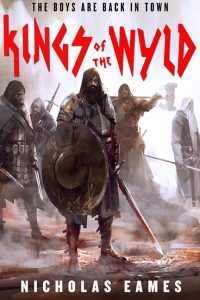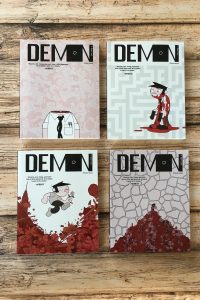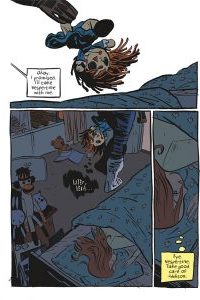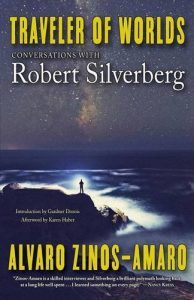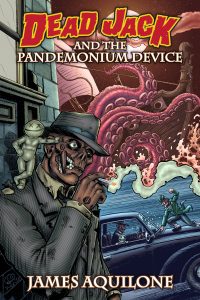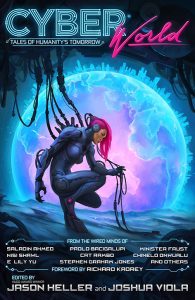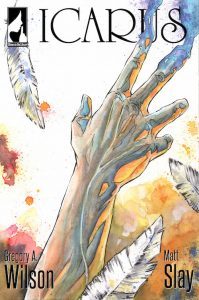E.C. Ambrose Guest Post–“History and Fantasy, Made for Each Other”
Sometimes the question is raised—on either side of a perceived divide—as to why an author would combine history with fantasy rather than stick to one or the other. Well-crafted history and fantasy both have the effect of transporting the reader. Employing them in the same work can illuminate questions about history and historical perspectives, using the tools and possibilities of magic to explore the potential of humanity, then and now. ...Read More
Read more



